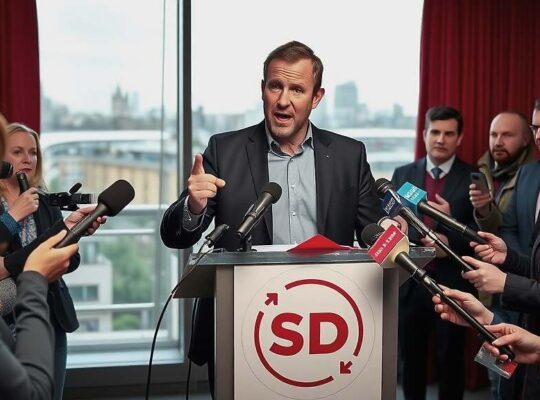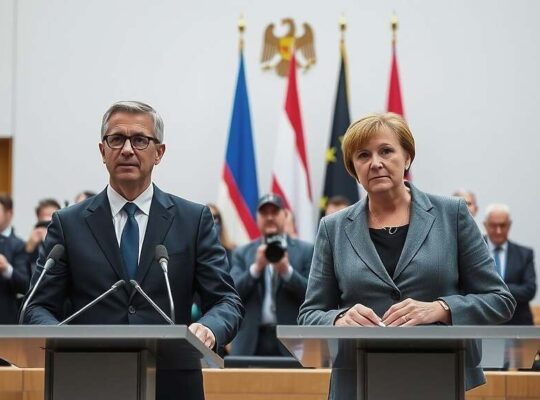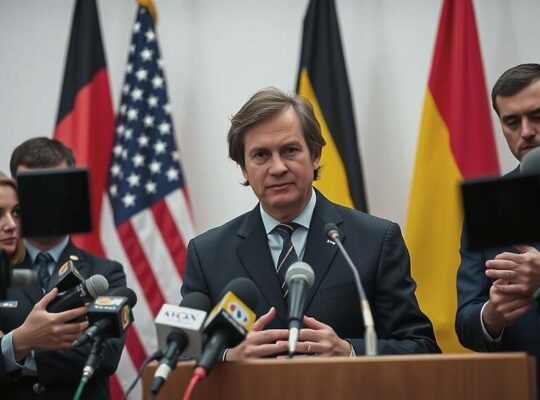The Green Party’s leading candidate for the upcoming Baden-Württemberg state election, Cem Özdemir, is advocating for sweeping economic reforms, drawing comparisons to the controversial Agenda 2010 reforms of the early 2000s. In a recent podcast appearance for the FAZ newspaper, Özdemir signaled a willingness to revisit established social and economic policies, a move that could spark significant political debate.
A central focus of Özdemir’s proposed changes lies in pension reform. He explicitly called for the abolition of the current system allowing for retirement at age 63, arguing that the existing policy, a product of the current black-red coalition, is fundamentally flawed. The coalition’s approach, which combines early retirement with financial incentives to continue working – what Özdemir termed “irresponsible” – represents a contradictory and unsustainable model. He championed the principle of linking the retirement age to life expectancy, a proposal that would likely raise the retirement age for future generations.
Beyond pensions, Özdemir also addressed the contentious issue of the European Union’s 2035 ban on new combustion engine vehicle sales. While upholding the overall climate goals, he reiterated his stance that a more flexible approach is necessary, acknowledging the continued utility of hybrid vehicles to facilitate the transition. He emphasized the need for adequate charging infrastructure and broader consumer adoption of electric vehicles before a complete shift is feasible, a position that could draw criticism from environmental purists.
Özdemir expressed increasing concern over the current climate of German federal politics, bluntly accusing the prevailing debates of functioning as an “AfD enablement program”. This evocative statement underscores a sense of frustration within the Green Party regarding perceived shortcomings in the government’s response to right-wing populism. While demonstrating a willingness to instigate challenging reform conversations, Özdemir also indicated a lack of interest in returning to a position of national leadership, stating that a decade as Green Party co-chairman felt equivalent to nearly two decades in other political parties, suggesting a desire to step back from the intense pressures of high-level politics. His interventions, nonetheless, signal potentially disruptive influences within the German political landscape, highlighting deep divisions over the direction of economic and environmental policy.












